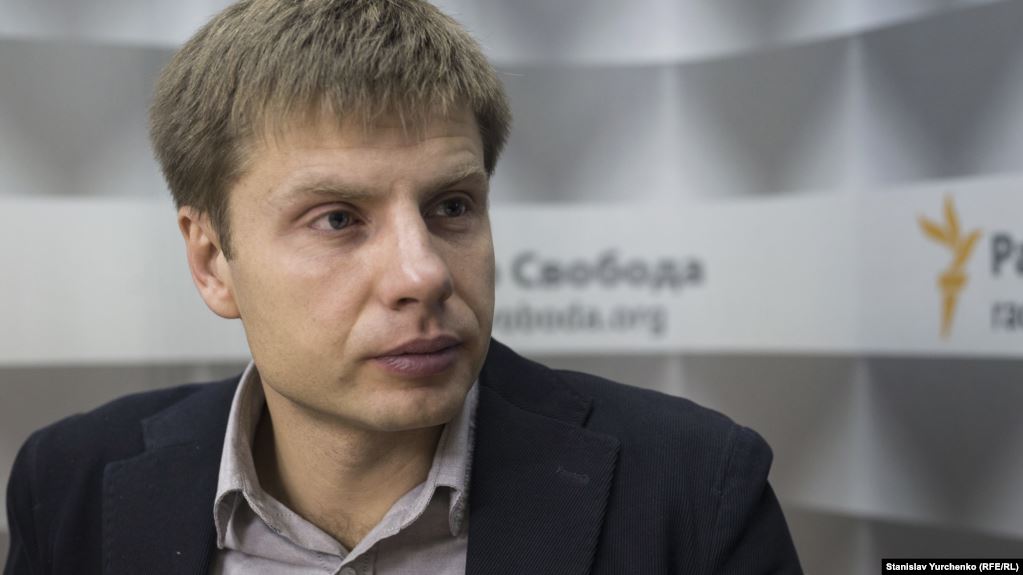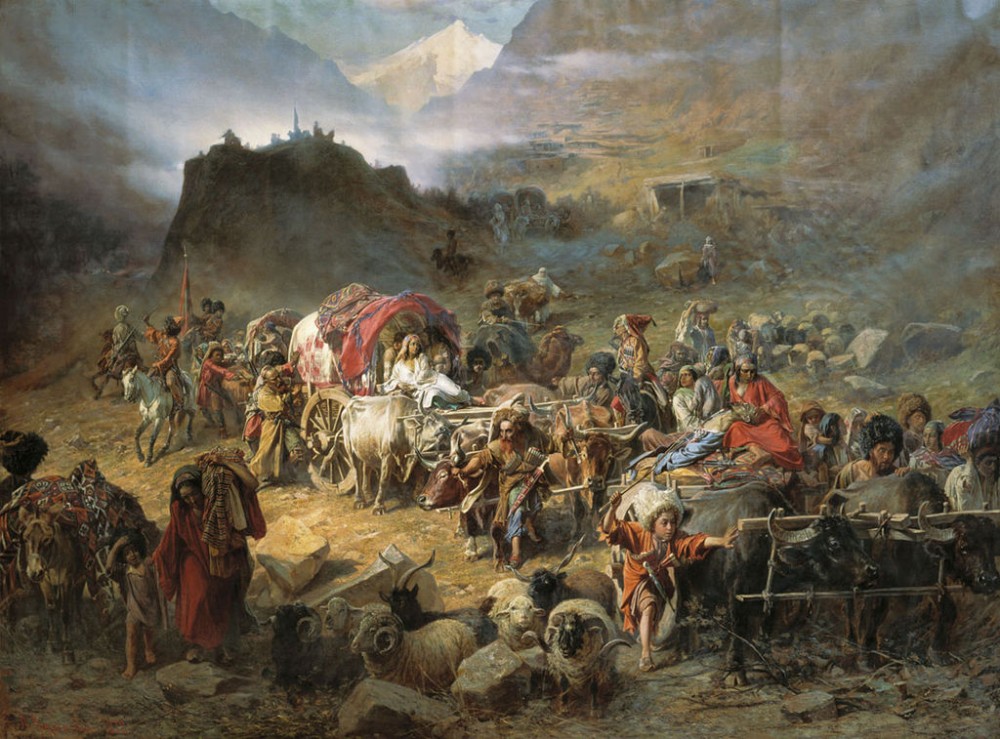
Their leader, Oleksiy Honcharenko, who is also a member of the Parliamentary Assembly of the Council of Europe, has also called on PACE to do the same. He attempted to speak via a video recording to the Third International Congress of Circassians in Istanbul but was blocked by those who feared offending Moscow.
The Istanbul meeting attracted some 70 Circassian activists from more than a dozen countries, but it divided between those who believe that securing international recognition of the genocide is the most important task and those who argue that ensuring the return of Circassians to the homeland is.
While the first were enthusiastic about the Ukrainian plans, the second were very much opposed, arguing that a Ukrainian action in this regard would offend Moscow and make it impossible for Circassians to make progress on the return of their numbers to the North Caucasus, an attitude Moscow clearly supports and appears to have orchestrated.
Read More:
- Historical falsification latest stage in Russia’s ethnocide of Circassians, Khakuasheva says
- Russia’s act of genocide against Circassians lasted more than 150 years, Chukhua says
- Russians won’t admit expulsion of Circassians was genocide — but Ukrainians should
- Under Putin, Circassians and Crimean Tatars at greatest risk of repression – and for same reasons
- They’re not Chechens, they’re Russian occupation troops – free Chechen Republic representative about Kadyrovites
- Only 53% of Kadyrov’s troops in Ukraine are ethnic Chechens
- Non-Russian POWs in Ukraine say their republics have few prospects for independence
- “Russian” combat losses in Ukraine appear to be disproportionately non-Russians or ethnic Russians from rural areas

